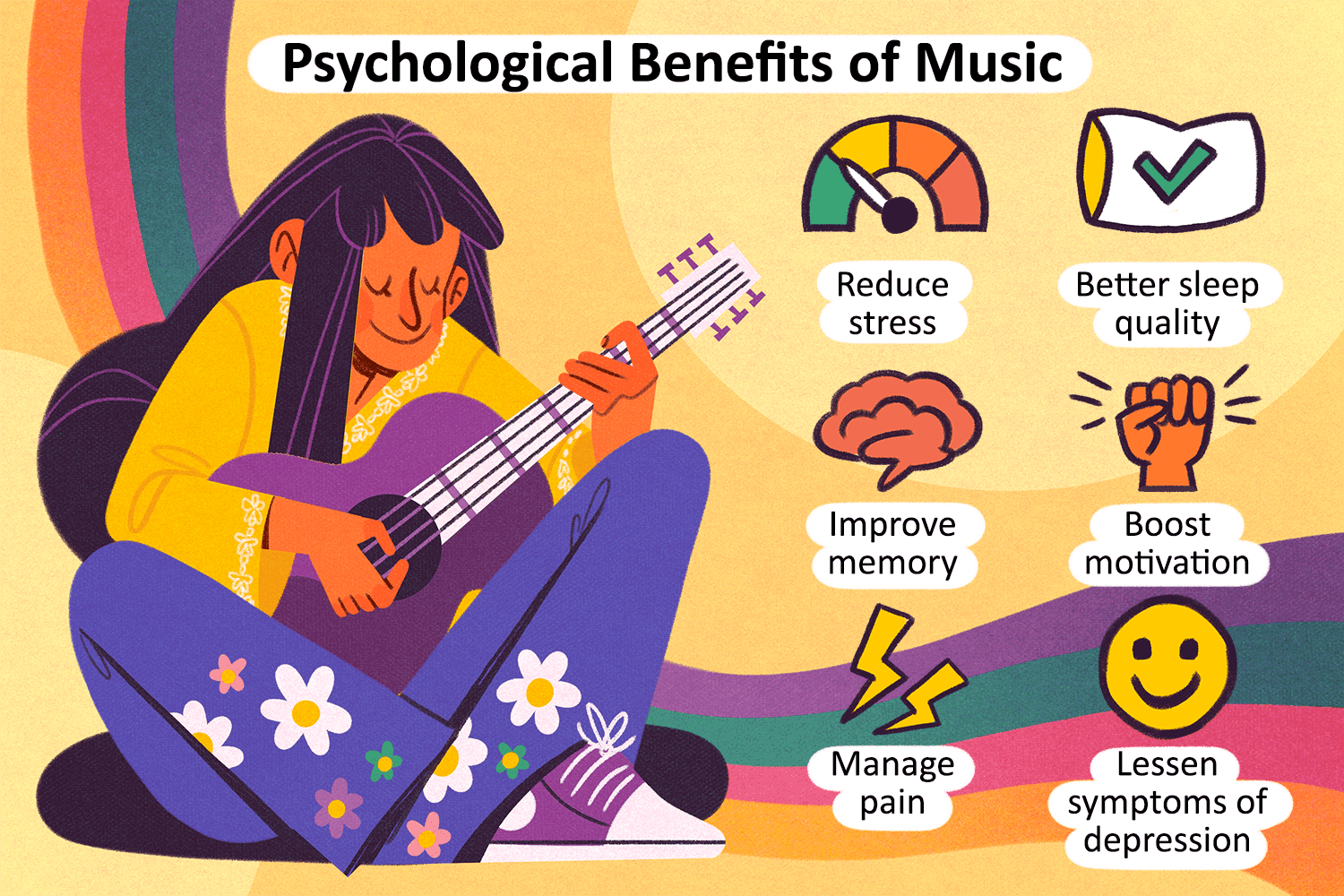Music therapy is a holistic approach to addressing physical and emotional issues using the healing powers of music. This form of therapy has been used for thousands of years to promote emotional self-awareness, reduce stress and anxiety, and improve overall mental health. Music therapy can address a wide range of mental health disorders, including depression, anxiety, PTSD, Alzheimer’s and dementia, addiction, autism, stroke recovery, and pain management. By providing a safe and supportive space to express emotions, develop coping mechanisms, and improve self-awareness, music therapy can improve the overall quality of life for individuals of all ages and abilities.
1. An Introduction to Music Therapy
Music has the power to heal and uplift the human spirit, and it has been used for this purpose for thousands of years. Music therapy is a holistic approach that uses music to address both physical and emotional issues. A trained music therapist can use music to promote emotional self-awareness, reduce stress and anxiety, and improve overall mental health.
2. Music Therapy and Depression
Depression is a common mental health disorder, and music therapy can be an effective tool in its treatment. Listening to music can increase the production of dopamine, a neurotransmitter that affects mood, pleasure, and motivation. Music can also provide a sense of connection with others and offer a safe space to express emotions.
3. Music Therapy and Anxiety
Anxiety is another prevalent mental health disorder that music therapy can help treat. Music therapy can provide a calming and grounding experience for those who suffer from anxiety. It can reduce cortisol levels in the body, a hormone that is released during times of stress.
4. Music Therapy and PTSD
Post-traumatic stress disorder (PTSD) is a severe condition that can be caused by traumatic event experiences. Music therapy can be a helpful tool in the treatment of PTSD by creating a safe environment to process emotions and memories associated with the trauma. It can also reduce symptoms of anxiety and depression.
5. Music Therapy and Alzheimer’s and Dementia
Music can evoke memories and emotions, and it can be a powerful tool in the treatment of Alzheimer’s and dementia. Music therapy can improve cognitive function, reduce agitation and anxiety, and promote communication and social interaction among patients.
6. Music Therapy and Addiction
Music can be a powerful motivator and can provide a healthy coping mechanism for those who struggle with addiction. Music therapy can reduce stress, anxiety, and depression associated with the recovery process. It can also provide a sense of connection with others and promote positive emotions.
7. Music Therapy and Pain Management
Chronic pain can have a severe impact on mental health, and music therapy can be a helpful tool in its management. Music can stimulate the production of endorphins, the body’s natural painkillers, and reduce the perception of pain.
8. Music Therapy and Autism
Music therapy can be a valuable tool in the treatment of autism spectrum disorder (ASD). Music can provide a safe and structured environment for the development of social skills, communication, and emotional regulation. It can also provide a meaningful way to express emotions and foster creativity.
9. Music Therapy and Stroke Recovery
Music therapy can be a helpful tool in the recovery process from a stroke. It can improve motor function, communication, and mood. It can also provide a sense of accomplishment, motivation, and a positive outlook.
10. Music Therapy and Improved Overall Mental Health
Music therapy can lead to improved overall mental health by providing a non-invasive, non-pharmacological, and holistic approach. It can provide a safe and supportive space to express emotions, build relationships, develop new coping mechanisms, and improve self-awareness.
In conclusion, music therapy is a powerful tool for the treatment and management of various mental health disorders. It can provide a non-invasive, non-pharmacological, and holistic approach to mental health care. Music therapy can provide benefits for individuals of all ages and abilities, and it can improve overall quality of life.
